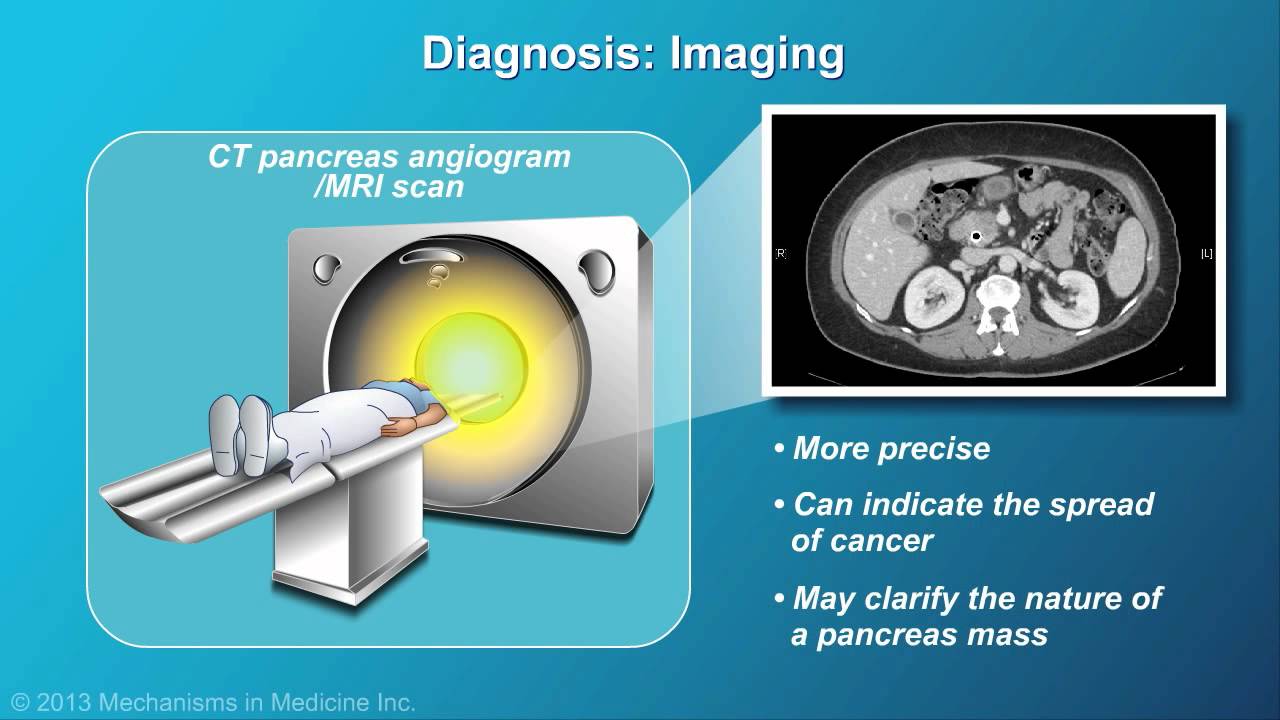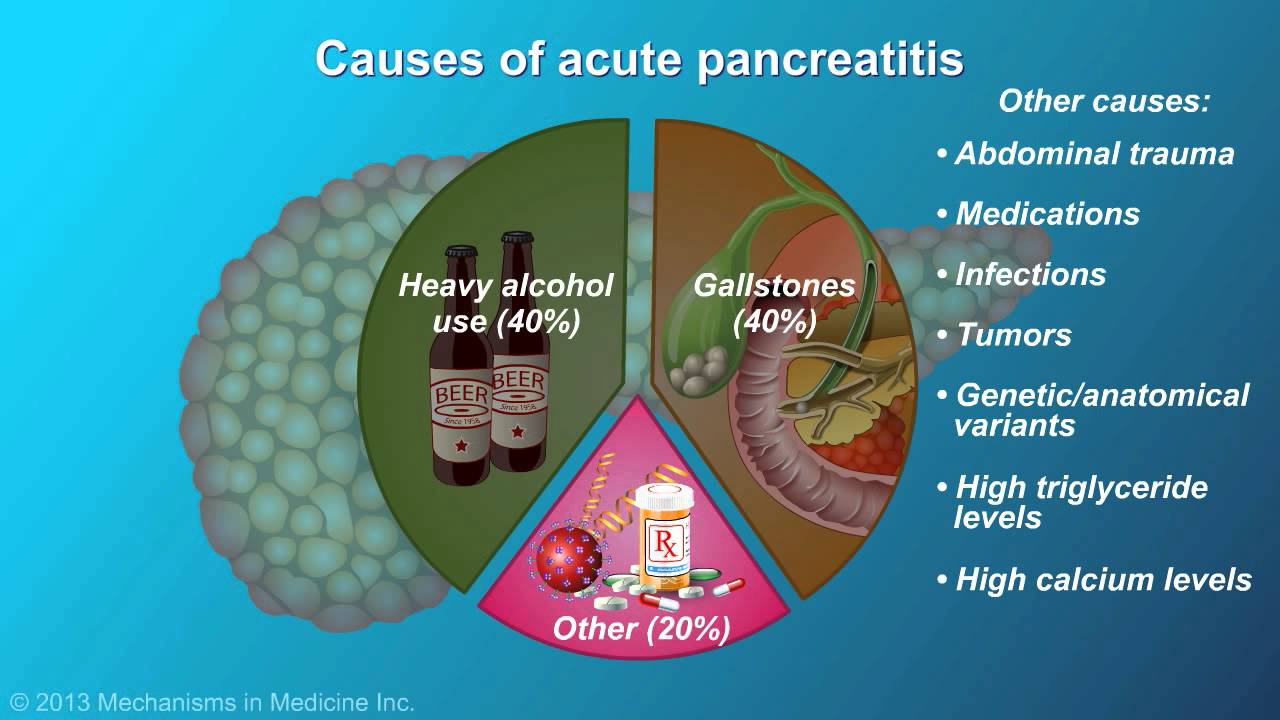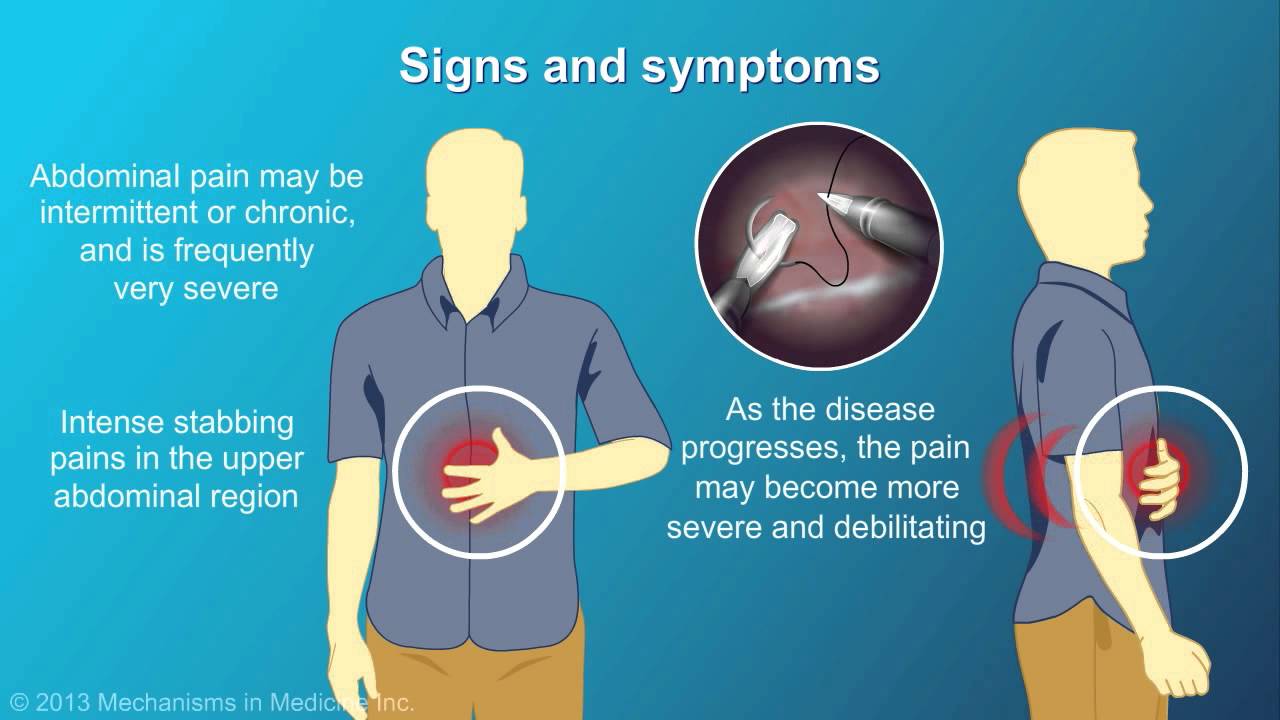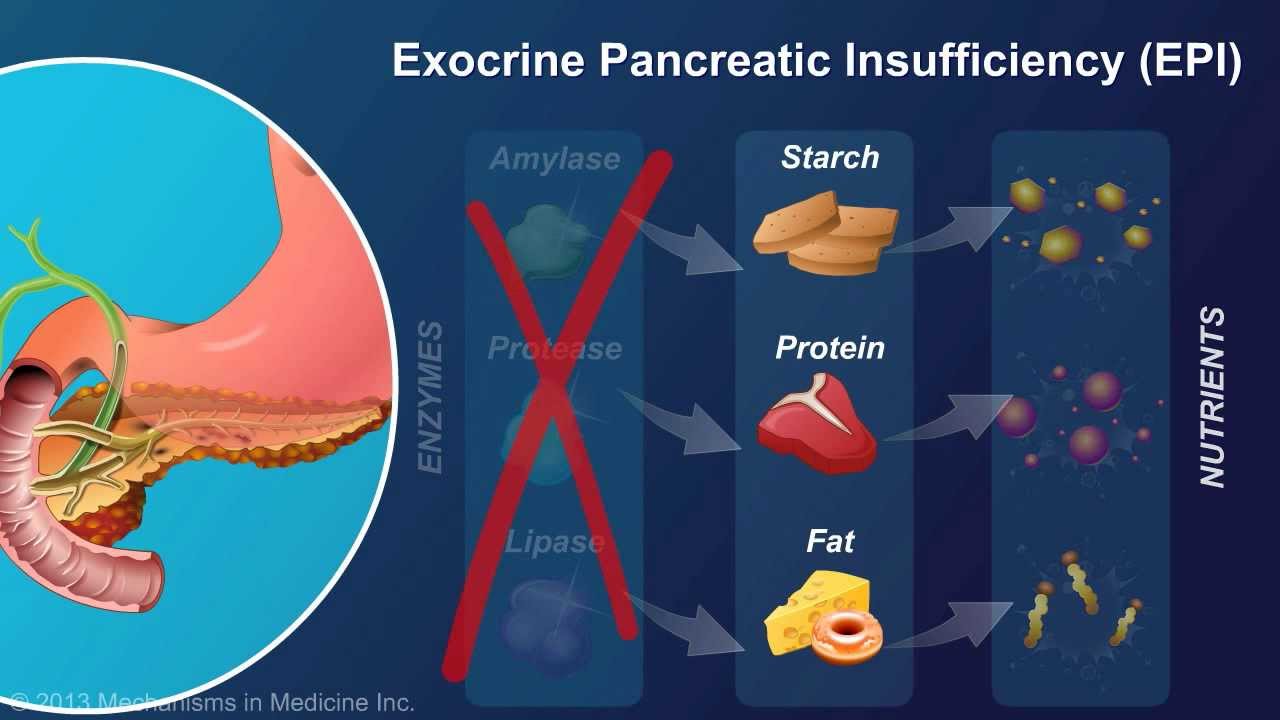The Most Common Causes of Diseases of The Pancreas
On This Page: Common Diseases Of The Pancreas
Jump To Section
Common Diseases and Disorders Of The Pancreas
Written By Tony Subia
January 2022
Summary of The Common Diseases of The Pancreas
There are several common pancreatic diseases, disorders, and malfunctions of the pancreas which primarily include pancreatic cancer, acute pancreatitis, chronic pancreatitis, pancreatic insufficiency, hereditary pancreatitis, and cystic fibrosis. Identifying the causes of pancreas disorders and malfunctions of the pancreas and evaluating those causes can be a daunting process because the pancreas has a degree of inaccessibility since it’s location is sandwiched between the stomach and the spine.
PANCREATIC CANCER
Compliments of the National Pancreas Foundation
The absolute worst disease of the pancreas is pancreatic cancer of which there are two major types. Over 90% are Adenocarcinoma of the Pancreas which occurs in the “exocrine portion”of the pancreas which is its “digestive function”. Pancreatic Adenocarcinoma has the worst survival rates of all major types of cancer. It accounts for one-third of all cancer-related deaths. Generally, when people mention “pancreatic cancer” they’re typically referring to Pancreatic Adenocarcinoma.
The other types of pancreas cancers are Pancreatic Neuroendocrine Cancers. While they are also considered a very serious type of cancer, they are less aggressive and slow-growing versus Adenocarcinoma. Pancreatic Neuroendocrine Cancer occurs in the “endocrine function” of the pancreas which creates hormones such as insulin and glucagon which perform as team to balance healthy levels of blood sugar (glucose) in the bloodstream. Malfunctions in endocrine portion of the pancreas can lead to diabetes. Although diabetes is technically not a disease of the pancreas, it can be caused by a malfunction of the hormone producing area of the pancreas.
Compliments of The National Pancreas Foundation
Acute pancreatitis can create very intense pain that can happen suddenly, particularly after eating. Essentially, acute pancreatitis is a serious inflammation of the pancreas. Functioning normally, digestive enzymes are “in activated” until they enter the small intestines where they are “activated” making them capable to begin digesting food. With acute pancreatitis, the digestive enzymes become activated before leaving the pancreas. The inflammation of the pancreas begins when the activated enzymes begin digesting the pancreas itself. Since the pancreas lies behind the stomach, an obvious symptom of acute pancreatitis is severe pain in the abdomen area that will also radiate to the back.
What Causes Acute Pancreatitis?
There can be several causes of acute pancreatitis including gallstones that get stuck in the bile duct, blockage of the pancreatic duct, a diseased gall bladder, alcohol abuse, infections. trauma to the pancreas, genetic disorders of the pancreas, hormonal abnormalities, smoking, obesity, high triglyceride levels, and hereditary aspects.
What Are The Symptoms of Acute Pancreatitis?
The most obvious symptom of acute pancreatitis is Intense pain in the stomach area radiates to the back. Moderate symptoms can include nausea, vomiting, fever, bloating, and diarrhea. When experiencing any of these recurring symptoms, seek medical attention. Be very vigilant of any signs or symptoms that could be an early warning sign of acute pancreatitis when it is most treatable. Acute pancreatitis is a very serious condition that could even result in death although most patients completely recover with proper treatment.
Compliments of The National Pancreas Foundation
Chronic pancreatitis is much more severe versus the acute pancreatitis even though the symptoms can be similar. The chronic form of pancreatitis is inflammation that recurs frequently and may never heal or improve. In fact, it can progressively worsen over time and can lead to permanent damage and even complete destruction of the pancreas. Permanent damage can lead to Type 2 Diabetes which can become both a cause and major symptom of pancreatic cancer. It typically strikes younger patients of 30 to 40 years-old and is more common in men versus women.
What Are The Causes of Chronic Pancreatitis?
While it’s difficult to pinpoint a most common cause, the typical cause of pancreatitis can include very heavy alcohol abuse, blocked pancreatic ducts or the common bile duct, gene mutations caused by cystic fibrosis, high levels of blood fats, and high levels of calcium in the blood. It can be hereditary, particularly when two or more immediate blood family members have or had a a history of chronic pancreatitis. Often there are no known cause chronic pancreatitis cases.
What Are Symptoms of Chronic Pancreatitis?
Chronic pancreatitis symptoms are generally the same as the acute form of pancreatitis, but more severe. Chronic Pancreatitis can become frequently recurring and disabling. Strangely, although very uncommon, the abdominal pain can go away even though the condition may worsen. Symptoms can also include oily or fatty stools that are clay-colored or pale in color. When symptoms appear, seek immediate medical attention. Chronic pancreatitis can be deadly.
Compliments of The National Pancreas Foundation
The “exocrine” function of the pancreas produces digestive enzymes which enter the small intestine to break-down food into nutrients including fats, proteins, and carbohydrates. Those nutrients provide the body’s energy needs. If the pancreas is deficient in producing pancreatic digestive enzymes, it will result in reduced or even the inability to properly digest food causing pancreatic insufficiency.
What Are Pancreatic Insufficiency Symptoms?
Pancreatic insufficiency symptoms include abdominal stomach pain, bloating, and diarrhea. The deficiency leads to malnutrition and non-intentional weight loss.
What Causes Pancreatic Insufficiency?
Pancreatic Insufficiency can be caused by Chronic of Acute Pancreatitis, Cystic Fibrosis, Crohn’s Disease, Celiac Disease, and, of course, Pancreatic Cancer.
SUGAR DIABETES
Technically, diabetes is not a disease of the pancreas. But, it is a malfunctioning of the pancreas that causes Type 2 Diabetes. The endocrine function of the pancreas produces hormones including insulin an glucagon that perform as a team to maintain a healthy level of blood sugar (glucose) on the bloodstream. Glucagon interacts with the liver to increase blood sugar when needed.Insulin reduces blood sugar by helping the body’s cells to receive glucose for their requirements of energy.When the hormone team fails to function properly deficient amounts of insulin cause periods of high blood sugar in the bloodstream. Repeated episodes of high blood sugar can cause Onset Type 2 Diabetes which is resistant to insulin. Type 2 diabetes can become both a symptom and a major cause of pancreatic cancer.
SUMMARY OF DISEASES OF THE PANCREAS
Risk factors for pancreatic diseases include family history, alcohol use, a compromised immune system, and inflammation of the pancreas. A gastroenterology expert may use many different tests to identify diseases of the pancreas, including biopsy, blood tests, and imaging tests like a CT scan. An endoscopic ultrasound may be taken, as well, as endoscopy and cholangiopancreatography can reveal underlying causes of the symptoms of pancreatic disease like abdominal pain. While extreme solutions such as pancreatectomy exist, it is important to seek quality healthcare advice on dealing with diseases of the pancreas.
Mayo Clinic
National Pancreas Foundation
National Institute of Health




